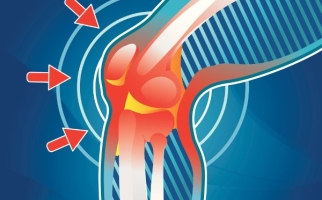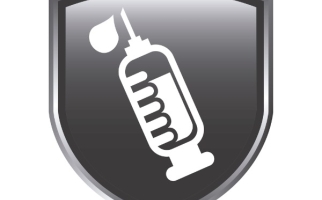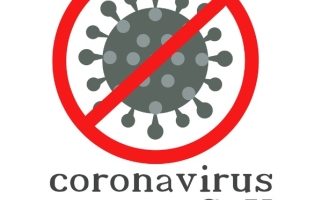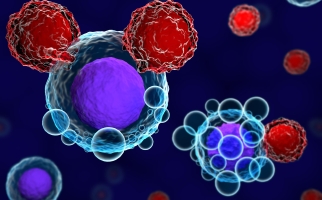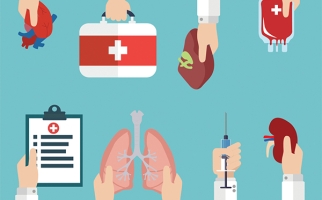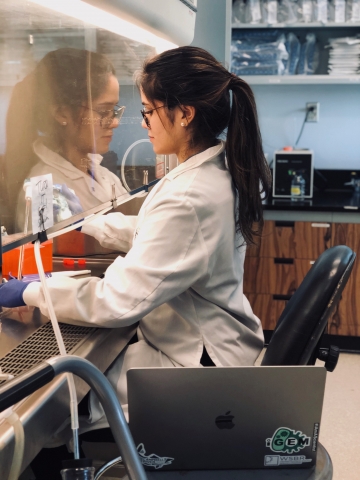
Resources on Immunology
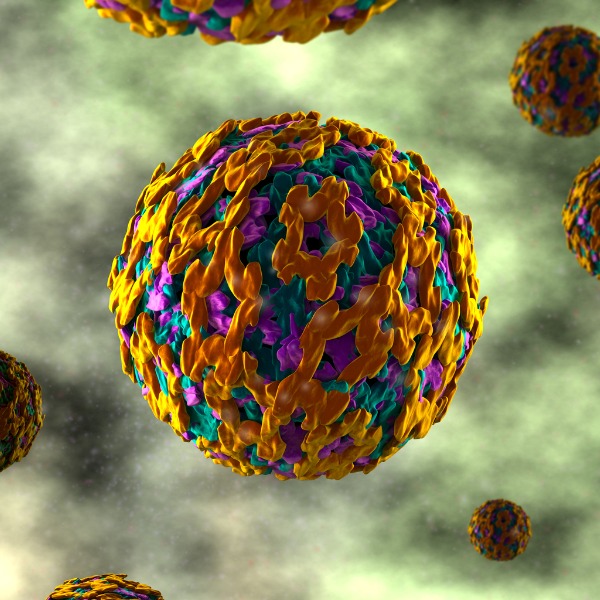
Yellow Fever Virus (decade3d, iStockphoto)

Yellow Fever Virus (decade3d, iStockphoto)
How does this align with my curriculum?
Curriculum Alignment
NU
11
Knowledge and Employability Science 20-4 (Alberta, 2006)
Unit C: Disease Defence and Human Health
YT
8
Science Grade 8 (British Columbia, June 2016)
Big Idea: Life processes are performed at the cellular level.
NT
11
Knowledge and Employability Science 20-4 (Alberta, 2006)
Unit C: Disease Defence and Human Health

